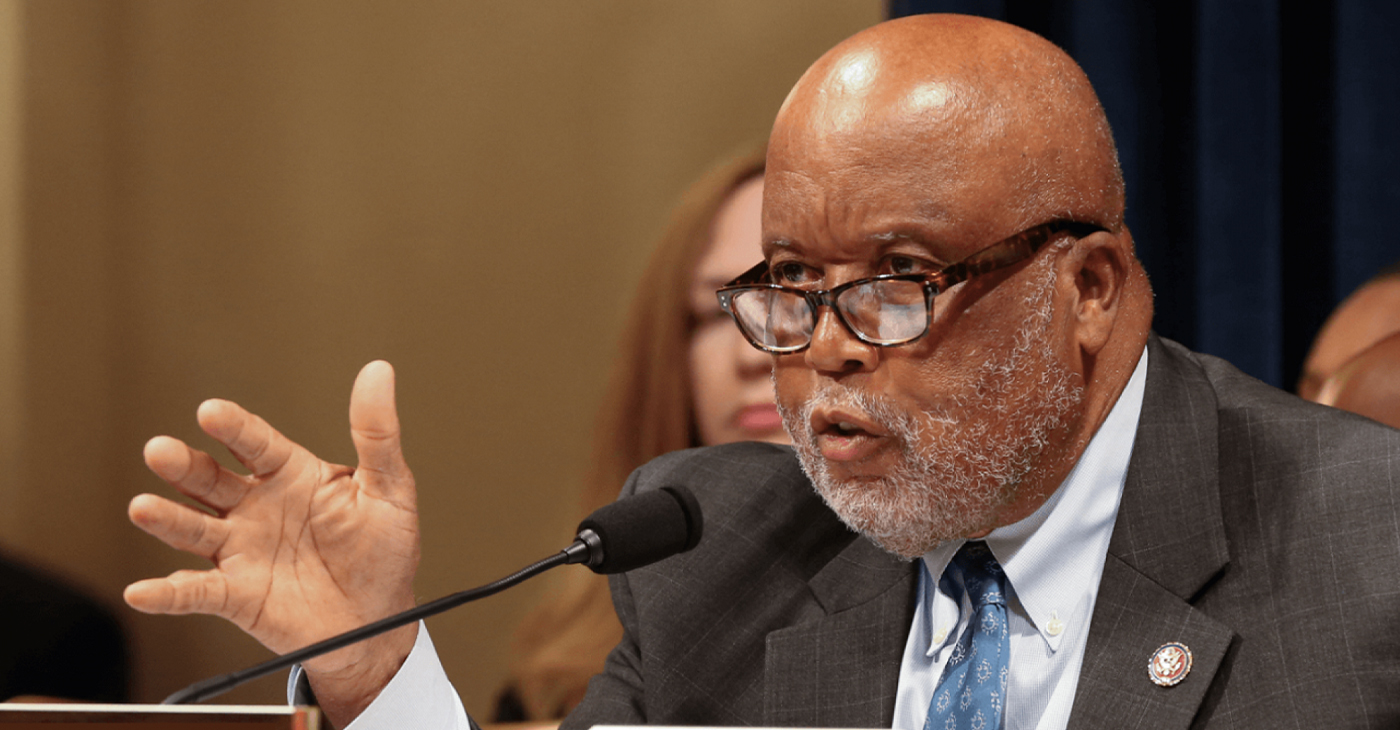Crime
Barack Obama: Why we must rethink solitary confinement
By President Barack Obama, The Washington Post
In 2010, a 16-year-old named Kalief Browder from the Bronx was accused of stealing a backpack. He was sent to Rikers Island to await trial, where he reportedly endured unspeakable violence at the hands of inmates and guards — and spent nearly two years in solitary confinement.
<p>
In 2013, Kalief was released, having never stood trial. He completed a successful semester at Bronx Community College. But life was a constant struggle to recover from the trauma of being locked up alone for 23 hours a day. One Saturday, he committed suicide at home. He was just 22 years old.
Solitary confinement gained popularity in the United States in the early 1800s, and the rationale for its use has varied over time. Today, it’s increasingly overused on people such as Kalief, with heartbreaking results — which is why my administration is taking steps to address this problem.
There are as many as 100,000 people held in solitary confinement in U.S. prisons — including juveniles and people with mental illnesses. As many as 25,000 inmates are serving months, even years of their sentences alone in a tiny cell, with almost no human contact.
Research suggests that solitary confinement has the potential to lead to devastating, lasting psychological consequences. It has been linked to depression, alienation, withdrawal, a reduced ability to interact with others and the potential for violent behavior. Some studies indicate that it can worsen existing mental illnesses and even trigger new ones. Prisoners in solitary are more likely to commit suicide, especially juveniles and people with mental illnesses.
The United States is a nation of second chances, but the experience of solitary confinement too often undercuts that second chance. Those who do make it out often have trouble holding down jobs, reuniting with family and becoming productive members of society. Imagine having served your time and then being unable to hand change over to a customer or look your wife in the eye or hug your children.
As president, my most important job is to keep the American people safe. And since I took office, overall crime rates have decreased by more than 15 percent. In our criminal justice system, the punishment should fit the crime — and those who have served their time should leave prison ready to become productive members of society. How can we subject prisoners to unnecessary solitary confinement, knowing its effects, and then expect them to return to our communities as whole people? It doesn’t make us safer. It’s an affront to our common humanity.
That’s why last summer, I directed Attorney General Loretta E. Lynch and the Justice Department to review the overuse of solitary confinement across U.S. prisons. They found that there are circumstances when solitary is a necessary tool, such as when certain prisoners must be isolated for their own protection or in order to protect staff and other inmates. In those cases, the practice should be limited, applied with constraints and used only as a measure of last resort.
They have identified common-sense principles that should guide the use of solitary confinement in our criminal justice system.
The Justice Department has completed its review, and I am adopting its recommendations to reform the federal prison system. These include banning solitary confinement for juveniles and as a response to low-level infractions, expanding treatment for the mentally ill and increasing the amount of time inmates in solitary can spend outside of their cells. These steps will affect some 10,000 federal prisoners held in solitary confinement — and hopefully serve as a model for state and local corrections systems. And I will direct all relevant federal agencies to review these principles and report back to me with a plan to address their use of solitary confinement.
the number of people in solitary confinement, and assaults against staff are the lowest they’ve been since 2006. New Mexico implemented reforms and has seen a drop in solitary confinement, with more prisoners engaging in promising rehabilitation programs. And since 2012, federal prisons have cut the use of solitary confinement by 25 percent and significantly reduced assaults on staff.
Reforming solitary confinement is just one part of a broader bipartisan push for criminal justice reform. Every year, we spend $80 billion to keep 2.2 million people incarcerated. Many criminals belong behind bars. But too many others, especially nonviolent drug offenders, are serving unnecessarily long sentences. That’s why members of Congress in both parties are pushing for change, from reforming sentencing laws to expanding reentry programs to give those who have paid their debt to society the tools they need to become productive members of their communities. And I hope they will send me legislation as soon as possible that makes our criminal justice system smarter, fairer, less expensive and more effective.
In America, we believe in redemption. We believe, in the words of Pope Francis, that “every human person is endowed with an inalienable dignity, and society can only benefit from the rehabilitation of those convicted of crimes.” We believe that when people make mistakes, they deserve the opportunity to remake their lives. And if we can give them the hope of a better future, and a way to get back on their feet, then we will leave our children with a country that is safer, stronger and worthy of our highest ideals.
Activism
Oakland Post: Week of December 18 – 24, 2024
The printed Weekly Edition of the Oakland Post: Week of December 18 – 24, 2024

To enlarge your view of this issue, use the slider, magnifying glass icon or full page icon in the lower right corner of the browser window. ![]()
Activism
‘Donald Trump Is Not a God:’ Rep. Bennie Thompson Blasts Trump’s Call to Jail Him
“Donald Trump is not a god,” U.S. Rep. Bennie Thompson, D-Miss., told The Grio during a recent interview, reacting to Trump’s unsupported claims that the congressman, along with other committee members like vice chair and former Republican Rep. Liz Cheney, destroyed evidence throughout the investigation.

By Post Staff
U.S. Rep. Bennie Thompson, D-Miss., said he not intimidated by President-elect Donald Trump, who, during an interview on “Meet the Press,” called for the congressman to be jailed for his role as chairman of the special congressional committee investigating Trump’s role in the Jan. 6, 2021, mob attack on the U.S. Capitol.
“Donald Trump is not a god,” Thompson told The Grio during a recent interview, reacting to Trump’s unsupported claims that the congressman, along with other committee members like vice chair and former Republican Rep. Liz Cheney, destroyed evidence throughout the investigation.
“He can’t prove it, nor has there been any other proof offered, which tells me that he really doesn’t know what he’s talking about,” said the 76-year-old lawmaker, who maintained that he and the bipartisan Jan. 6 Select Committee – which referred Trump for criminal prosecution – were exercising their constitutional and legislative duties.
“When someone disagrees with you, that doesn’t make it illegal; that doesn’t even make it wrong,” Thompson said, “The greatness of this country is that everyone can have their own opinion about any subject, and so for an incoming president who disagrees with the work of Congress to say ‘because I disagree, I want them jailed,’ is absolutely unbelievable.”
When asked by The Grio if he is concerned about his physical safety amid continued public ridicule from Trump, whose supporters have already proven to be violent, Thompson said, “I think every member of Congress here has to have some degree of concern, because you just never know.”
This story is based on a report from The Grio.
Activism
Oakland Post: Week of December 11 – 17, 2024
The printed Weekly Edition of the Oakland Post: Week of December 11 – 17, 2024

To enlarge your view of this issue, use the slider, magnifying glass icon or full page icon in the lower right corner of the browser window. ![]()
-

 California Black Media4 weeks ago
California Black Media4 weeks agoCalifornia to Offer $43.7 Million in Federal Grants to Combat Hate Crimes
-

 Black History4 weeks ago
Black History4 weeks agoEmeline King: A Trailblazer in the Automotive Industry
-

 California Black Media4 weeks ago
California Black Media4 weeks agoCalifornia Department of Aging Offers Free Resources for Family Caregivers in November
-

 California Black Media4 weeks ago
California Black Media4 weeks agoGov. Newsom Goes to Washington to Advocate for California Priorities
-

 Activism3 weeks ago
Activism3 weeks agoOakland Post: Week of November 27 – December 3, 2024
-

 Activism4 weeks ago
Activism4 weeks agoOCCUR Hosts “Faith Forward” Conference in Oakland
-

 Activism4 weeks ago
Activism4 weeks agoRichmond Seniors Still Having a Ball After 25 Years
-

 Activism2 weeks ago
Activism2 weeks agoButler, Lee Celebrate Passage of Bill to Honor Congresswoman Shirley Chisholm with Congressional Gold Medal























































